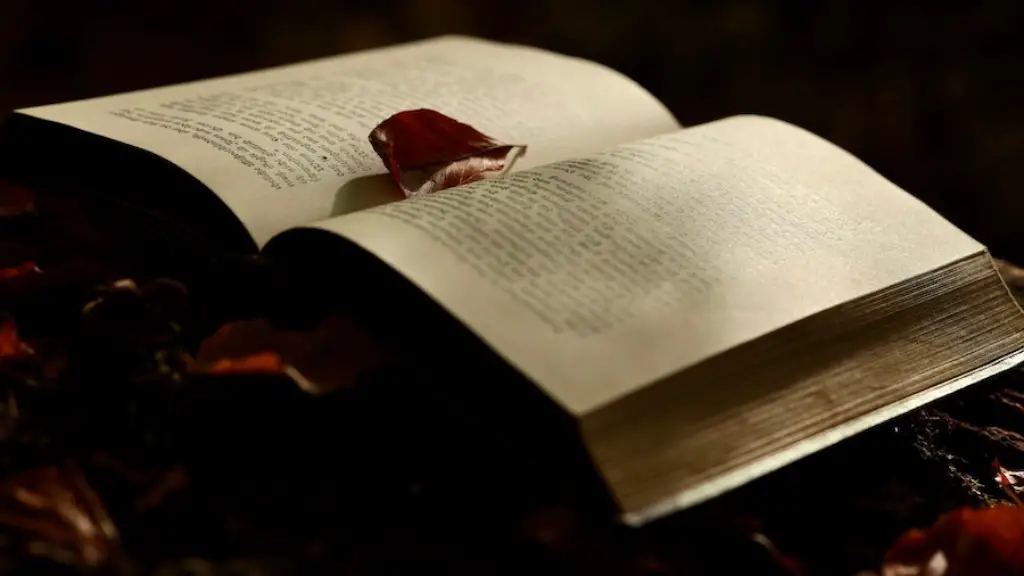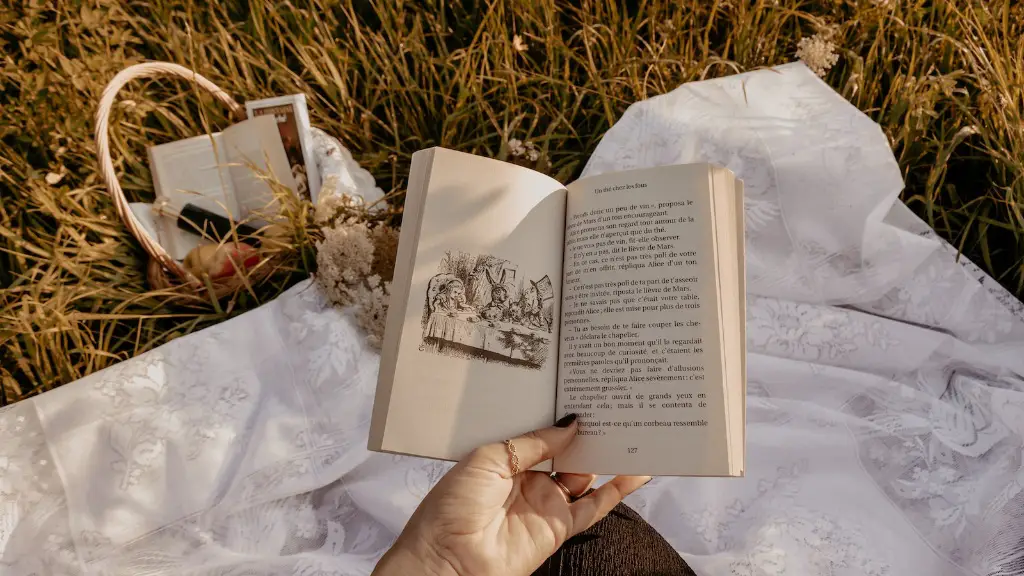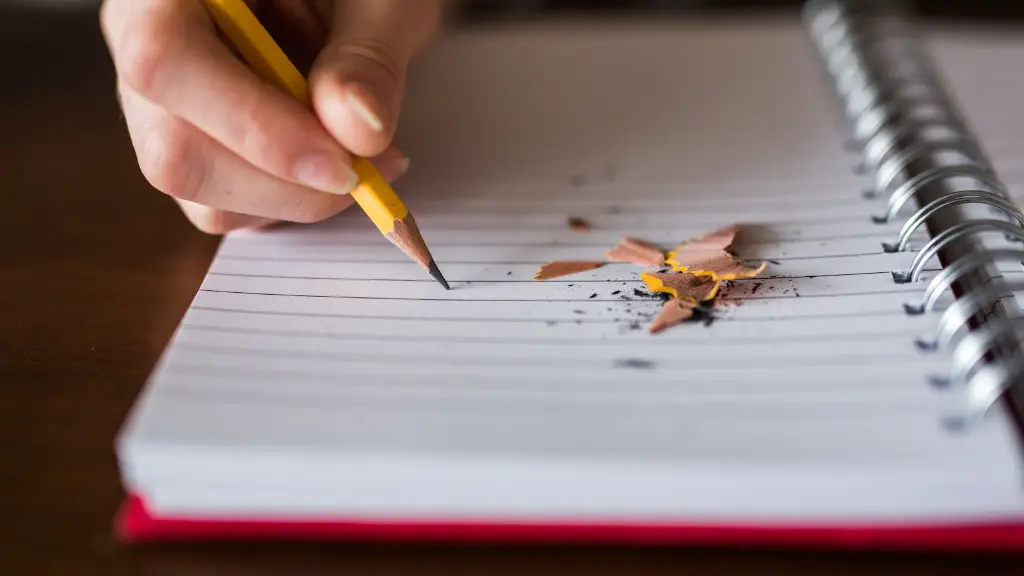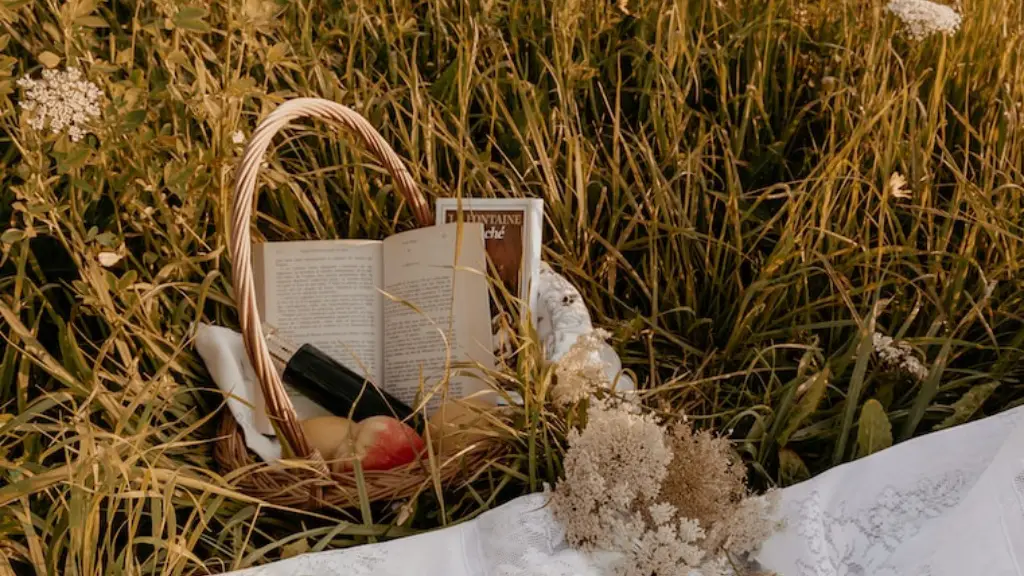Why is word choice especially important in poetry? Writing poetry often requires a different and more deliberate use of language than writing other types of prose, making word choice especially important. By understanding and applying the right words to the right purposes, poets can create memorable imagery, evoke certain emotions in the reader, or convey a certain tone. Using thoughtfully chosen words can also make a poem easier to understand and to remember for both the poet and the reader.
Many successful poems contain concise language and short sentences, as short words and short phrases tend to be more efficient in conveying the poet’s purpose. All language should be specific, with no words wasted and no obscure words used for mere effect. The connotations of words should be considered, so that a word conveys the greatest amount of meaning possible. Even words that do not seem to be related can, when used together, unlock new meanings or contribute to the tone of a poem.
Poetry also requires that frequently used words or phrases be varied, in order to prevent a poem from going stale. Repetition can be used effectively when it is varied to keep the reader’s attention. Each individual word also carries a certain amount of audio power, so poets must pay attention to how their words sound when read aloud. Assonance, alliteration, and other sound devices are often used in poetry to highlight certain words or phrases.
Figurative language is another common tool used to convey deeper meanings and emotion. Similes, metaphors, and personification allow poets to express abstract ideas through concrete images, bringing clarity and emphasis to a word that might otherwise be difficult to describe. Imagery pulls the reader into a more vivid understanding of what the writer is expressing, creating a more memorable poem.
Metrical and rhyme structure also assists in the effective use of words in poetry. Poets often use words that fit the desired meter and rhyme scheme to achieve a more harmonious arrangement of words. This helps to guide the reader and keep their attention, since the reader can tell that the poem is built on an organized system and not on random word choices.
Overall, word choice is essential in poetry. Each word carries a meaning and a certain amount of power, and a poet must carefully select and arrange words in order to successfully convey their intended message. With the right words, poets can create memorable imagery, vivid emotion, and rhythm that can linger in a reader’s mind.
Exploration of Common Themes
Many poets use common themes to convey a particular idea, concept, or event. Word choice is paramount in this type of poetry, as selecting the right set of words is essential to creating a story or painting a picture that lingers in the mind of the reader.
One common way in which poets use word choice to convey their message is through the use of metaphors. Metaphors allow poets to express abstract concepts in concrete terms, allowing for a more vivid description of the theme. For example, rather than simply expressing a feeling of love, a poet might use the metaphor of a river, describing the depth, flow, and power of the emotion.
In addition to metaphors, poets can also use rhetorical questions to provoke thought among readers. By asking thoughtful questions and using strong words, poets can challenge viewers to examine their own situations and beliefs. Poets can also use alliteration to emphasize certain words, creating an emotional reaction through sound rather than through meaning. Similarly, imagery can be used to vividly express an idea or create a certain mood.
Word choice is also important when it comes to conveying a particular tone. Poets can use words and phrases to evoke certain feelings, such as joy, anger, sadness, or confusion. By selecting words that have connotations of pain, sorrow, or happiness, a poet can steer a reader in a particular direction, prompting them to feel the emotion described in the poem.
Explaining Personal Experiences
In poetry, word choice is essential when it comes to conveying personal experiences. The right blend of words can create vivid images in a reader’s mind, allowing them to experience a situation as if they were there themselves. Word choice can also be used to emphasize certain aspects or features of a situation, helping readers to understand the importance or relevance of the described experience.
In this type of poetry, poets often use descriptive language to evoke a sense of time and place, allowing the reader to get a full picture of the situation. Every word and phrase should have a purpose, adding something to the overall tone and atmosphere of the poem. Repetition can be used to create rhythm and emphasize certain words or phrases.
Metaphors can be used to describe both literal and figurative situations, making complex concepts easier to explain. For example, a poet might use a metaphor of a garden to express feelings of growth or change. Rather than simply stating, “I changed,” the poet could describe how their internal landscape was revitalized like a garden, blooming with new ideas and possibilities.
When writing this type of poetry, it is important to be aware of the connotations of the words being used. For example, one might say “I survived” to express the feeling of having made it through a difficult situation. However, using the word “thrived” instead could evoke a different feeling, suggesting that the person not only made it through but also achieved something in the process.
Expressing Arguments and Opinions
When it comes to expressing arguments and opinions, word choice is an absolute necessity for poets. The right words can be used to differentiate between various concepts, providing clarity and structure to the poem. Word choice can also be used to demonstrate the poet’s command of the language, adding credibility to their argument and evoking trust in the reader.
In argumentative poetry, it is important to maintain a strong, consistent tone. This can be accomplished by using persuasive language such as adjectives and adverbs to strengthen the words used. Repetition can also be used to emphasize certain words and phrases, making the argument easier to remember.
Poets should pay close attention to grammar and usage. This can add a layer of sophistication to the writing, conveying a level of expertise. For example, the active voice is often used in argumentative poetry, as it is much more direct than the passive voice. The active voice allows the poet to assign responsibility and create a sense of urgency, making their argument more impactful.
Figurative language can also help build an argument. Metaphors can be used to create vivid images that explain complex ideas, while similes can be used to demonstrate a comparison between two different concepts in an easy-to-understand manner. Personification can also be used to give life to abstract ideas, making them seem more tangible and real.
Incorporating Imagery
Imagery is an important aspect of poetry and is often used in conjunction with word choice to evoke emotion, convey ideas, or create a vivid mental picture for the reader. Poets use sensory words to paint pictures in a reader’s mind, often drawing on elements of sight, smell, sound, touch, and taste to bring their poems to life.
Descriptive phrases and vivid language can help the reader to visualize a particular setting or situation. By using words that evoke strong mental images, poets can create a memorable experience and draw readers further into the poem. Combining sensory words with metaphors and similes can also be a powerful way to convey a message, as imagery can unlock deeper meanings and create an emotional response.
The use of concrete nouns is essential in creating vivid imagery. Rather than expressing a feeling of joy, a poet might use a metaphor of a river to describe the way the emotion is “watering down” and flooding the person. By replacing abstract terms with concrete nouns and vivid language, poets can create a more interesting and memorable experience for their readers.
Imagery can also be used to explore complicated concepts, such as death and loss. By using vivid language and strong images, poets can help the reader to understand complex emotions and events in a more tangible way. One way to do this is to compare the abstract concepts to more concrete images, such as a bird soaring through the sky to represent hope and freedom.
Using Poetic Devices
In poetry, word choice is often utilized in conjunction with different poetic devices in order to achieve a desired effect. One common poetic device is alliteration, which consists of repeating the same sound at the beginning of words. Alliteration can be used to create rhythm and to emphasize certain words or phrases.
Rhythm can also be achieved through the use of assonance, which is the repetition of the same sound within words. This can create continuity and flow within a poem, helping readers to follow the poem more easily. Repetition of certain words can also be used to emphasize certain ideas or to draw attention to a certain phrase.
Poets can also use allusion, which is the act of using symbolic references in order to evoke certain images or emotions. For example, a poet might use a reference to ancient Greek mythology in order to evoke a sense of grandeur or history. Allusions can help to add an extra layer of meaning to a poem and can help to bring a theme to life.
Finally, poets can also use personification, which is the act of giving human qualities to non-living things. This is often used to convey emotion or to create a comparison between two things. By giving life to inanimate objects, poets can evoke feelings of understanding or connection with readers.





